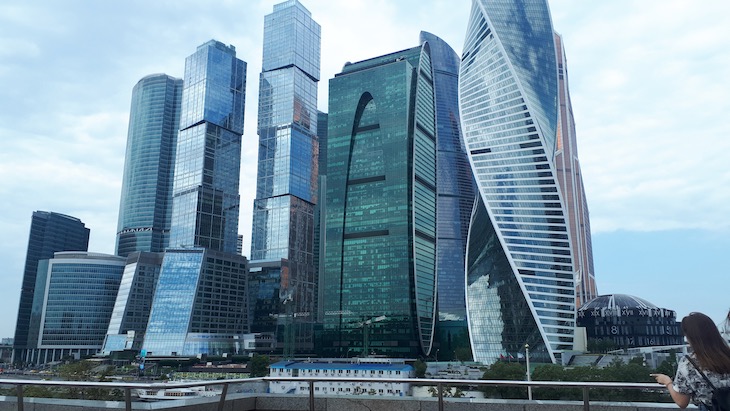What is a patronymic name and when it is used
First thing to remember is that in the Russian official language culture it is uncommon to address another person by Mr./Mrs./Ms. plus their last name. For the official forms of address Russian people use the combination of the first name + patronymic name. Patronymic name can be likened to middle name in the Western culture only to some extents because is it always the name of the person’s father followed by a suffix, -ovich for men and -ovna for women. Patronymic name is given at birth and is always stated in the passport of birth certificate. For example, my father’s name is Konstantin, so my patronymic name is Konstantinovna, and the male version of this patronymic name is Konstantinovich.
Combination of first name + patronymic name is used in all the official situations, such as at schools and universities, at court, dealing with authorities such as police, government services, and even when you see a doctor. Please, note that it is uncommon to address a person in all these situations by his/her last name + Mr./Mrs./Ms. For example, if I were to meet Russian President Vladimir Putin, I, as a Russian citizen, would be expected to address him as Vladimir Vladimirovich, and addressing the President in this situation by Mr. Putin would indicated that I have not made effort to find out and memorize his patronymic name and would hint disrespect.
I have a real life example from my practice – when I assisted a business delegation to a meeting with then just appointed Moscow Mayor Sergei Sobyanin I suddenly understood that since we discussed this person in English I did not have his patronymic name handy and would not be able to address him politely if need be. So, I searched the Internet and found out that name (Semyonovich).
Russian official form of address rule first name + patronymic name does not apply to foreigners
Despite all above stated, we have good news for you: the patronymic name rule does not apply to foreigners. Russian people, even in official situations, do not expect foreign people to remember or be able to pronounce the first name + patronymic name combination, so in the above mentioned situation if a foreign partner uses form of address as Mr. Putin or Mr. Sobyanin, it is perfectly fine. I would just translate it as gospodin (=Mister) Sobyanin because I would not be speaking on my behalf.
Forms of address in less formal situations such as meetings with business partners
When you meet your Russian business partner, the general rule of thumb is to address the person by the name he or she has introduced him-/herself.
In my experience, even senior Russian company officials when they meet their foreign partners introduce themselves by the full form of the first name, e.g. Alexander, Vladimir, Aleksey etc. even if their colleagues address them by first name+patronymic name combination.
If you want to show more respect, just use Mr./Mrs./Ms.+last name form of address but be careful there – usually, when a Russian person introduces him or herself in a certain way this is a sign of certain openness or an invitation to a less formal form of dialogue and you do not want to lose that subtle bond.
Informal forms of address in Russian culture
Just as almost any language, the Russian language has many informal variations of names. The Russian language is a synthetic language with many suffixes that allow to add subtle changes to a word from endearing to derogatory, people’s names are no exception. For example, the informal form of Alexander would be Sasha and would be commonly used among friends, but there are also Sashka, Sashok, Shoorik, Sanya, etc., and these are very informal and could be used only among very close friends.
Here the rule is different. I have never heard Russian partners introducing themselves by the endearing or diminutive form of the first name, and, probably, you should never use this form unless you build a good firm friendship with this person.
So, I will sum up the rules regarding the Russian forms of address:
Patronymic name rule is important only for Russians interacting with each other. Foreign people can address Russian people in formal situations by Mr./Mrs./Ms.+last name.
Usually, your Russian business partners will introduce themselves by their first name. Stick to this form of address.
Use the short or endearing forms of Russian names with caution. Unless you develop very good friendship, avoid it altogether.
Hope this article helps you to understand the Russian business etiquette better. If you have questions or comments, please don’t hesitate to ask.
